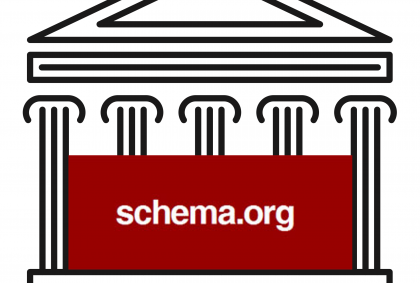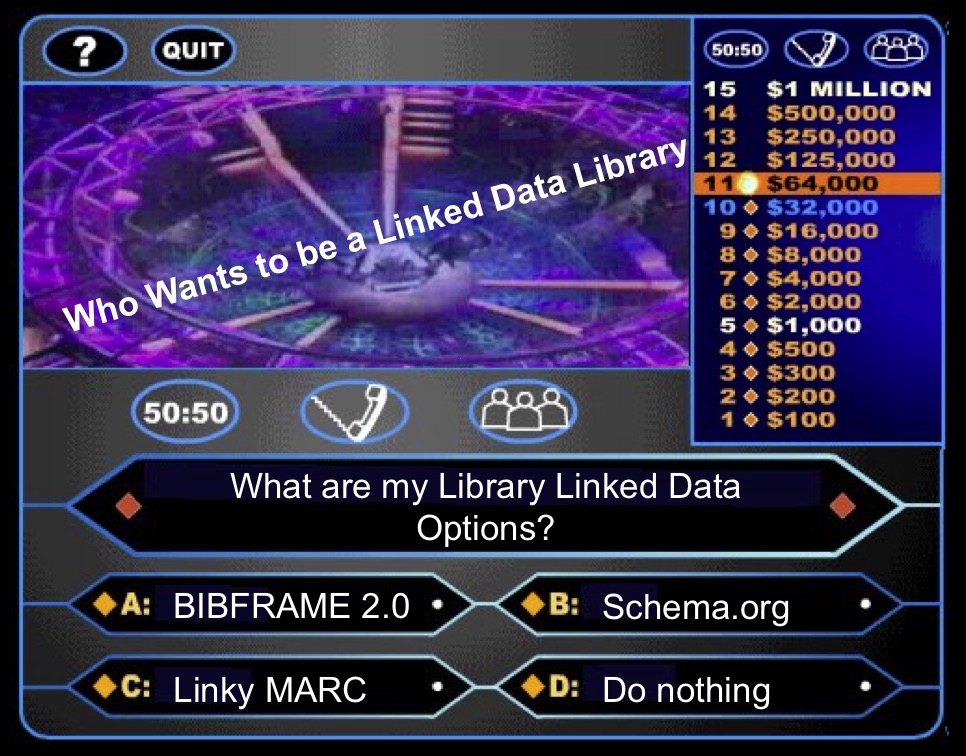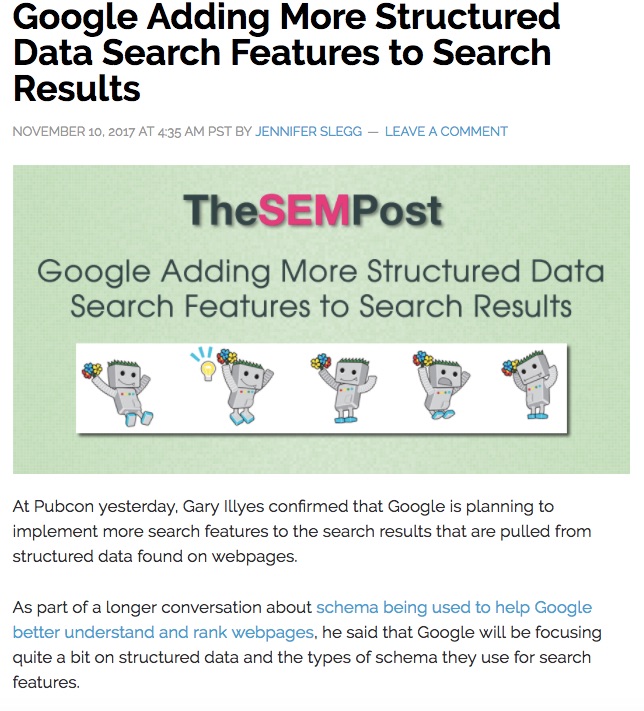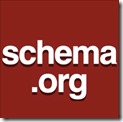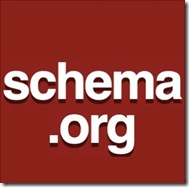BIBFRAME Dilemmas for Libraries: Challenges and Opportunities
I recently attended the 2024 BIBFRAME Workshop in Europe (BFWE), hosted by the National Library of Finland in Helsinki. It was an excellent conference in a great city! Having attended several BFWEs over the years, it’s gratifying to witness the continued progress toward making BIBFRAME the de facto standard for linked data in bibliographic metadata. BIBFRAME was developed and is maintained by the Library of Congress to eventually replace the flat record-based metadata format utilised by the vast majority of libraries – MARC (a standard in use since 1968). This year, Sally McCallum from the Library of Congress shared significant …


